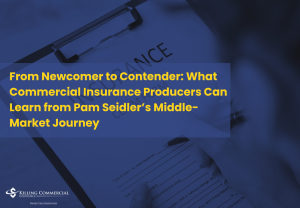
Ethical Influence and Faith: How Biblical Principles Align with the Psychology of Persuasion
Influence is one of the most powerful tools we have in business, leadership, and personal life. Used well, it inspires people, builds trust, and creates ethical results. Used poorly, it can slide into manipulation and self-interest.







Responses